Cape Town
How damaging will South Africa’s Expropriation Act be? The legislation, which allows the state to seize private property without compensation, was signed late last month by President Cyril Ramaphosa. The act is consistent with the Marxist ideology of the South African Communist Party, an ally of the ruling African National Congress (ANC). It’s claimed it will “redress the results of past racial discrimination” and “undo the legacy of apartheid” (among other platitudes). The reality, however, is that this legislation will likely do nothing to help the country’s majority black population who live in grinding poverty. There is nothing in the act to stop it instead being used by the small ruling elite to enrich themselves, just as happened in Robert Mugabe’s Zimbabwe.
The ANC argues that the act, like the innumerable racial laws it has passed (South Africa now has more racial laws than it did under apartheid), is to rectify the historical injustices of white rule. Politicians and the commentariat in South Africa seem to have blindly bought into this narrative. With few exceptions, the consensus is that the act is nothing to worry about and there are adequate safeguards. Anyone who believes this must not have read the details. The act gives some bland examples of when property can be seized without compensation — but it makes it very clear that it is not limited to these examples. The truth is that the act’s reach is unlimited and there are no safeguards. Any private property can be seized without compensation, provided only that it is “in the public interest.” What does that mean? Well, anything the ANC wants it to.
Mugabe would have similarly justified his land reforms as “in the public interest” when, a little over two decades ago, he seized thousands of Zimbabwean farms and in the process took the homes and jobs of some 780,000 black workers and their families, leaving them destitute. It was only a couple of years after this that the ANC gave Mugabe a standing ovation when he visited South Africa. Indeed, judging by the ANC’s history, words and deeds, and those of their political allies — and the countries they admire, such as Zimbabwe, Russia, Venezuela and Cuba — one fears for the powers this act will give them.
Ramaphosa and his pals are sumptuously rich — they have mansions, expensive cars and large tracts of prime land. For the black masses, whom the ANC proclaims to represent, its thirty-year rule has overseen utter poverty — including mass unemployment (which stands at 42 percent) and a quarter of children so malnourished as to be at risk of permanent brain damage.
Donald Trump, having likely listened to the South African-born Elon Musk, mistakenly suggested that the intention of the act is to take property from rich whites and give it to poor blacks. Trump said that Afrikaans farmers are the main victims of ANC abuse, and there was previous talk of “white genocide.” This is nonsense. So, too, is Trump’s offer of refugee status for Afrikaners. But there are some ominous signs. Thousands of Afrikaans farmers and their families have been murdered since the end of apartheid. The motives are not clear, but they are certainly not only financial. Old people have been tortured; infants have been chopped to pieces. Julius Malema, the leader of Marxist opposition party Economic Freedom Fighters, chanted two years ago at a public rally: “Kill the farmer! Kill the Boer!” He was met with applause. A South African court found that this chant was perfectly acceptable.
Any private property can be seized without compensation provided only that it is ‘in the public interest’
On September 26, 2018, after Trump tweeted about South African farm murders, Ramaphosa told Bloomberg: “Whoever gave him that information was completely wrong. There are no killings of farmers or white farmers in South Africa.” At that time, the South African police had recorded more than 1,700 farm murders.
All of these things, especially Ramaphosa’s callous lie, might give outsiders the impression that Afrikaners specifically are under threat. Although no farms have been confiscated outright, in some areas they have been attacked by criminals (stealing livestock, cutting fences, intimidating workers), making it increasingly difficult to farm and reducing the value of the land. Eventually, the farmer will give up and try to sell the farm for whatever he can get. Now, under the Expropriation Act, the state will be able to just seize the farm for nothing.
Ramaphosa was shocked by last year’s election. Under his leadership, the ANC slumped to its worst result ever, getting only 40 percent of the total vote (it got nearly 70 percent in 2004). To stay in power, it had to form a coalition — or Government of National Unity (GNU) — with the liberal Democratic Alliance (DA), much to the dismay of the “radical” parties (“radical” in the sense of Mercedes-driving Marxists and plump African traditionalists). Ramaphosa was accused of selling out to counter-revolutionary forces and felt compelled to polish his revolutionary credentials by signing three awful laws increasing the powers of the state, including this act. The DA has yet to pull out of the government but has launched a legal challenge.
In his vacuous State of the Nation address last week, Ramaphosa said: “We will not be bullied.” A few days earlier, China forced him to move the Taiwanese embassy out of Pretoria. China had also bullied the ANC into refusing entry to the Dalai Lama. South Africa has been bullied by Russia and Zimbabwe. What he really meant was: “We will not be bullied by the West, especially America.”
South Africa, which is sympathetic towards Hamas, charged Israel with “genocide” at the International Court of Justice after its retaliation for October 7. But South Africa took no action over actual genocide in Africa — over the slaughter of about 300,000 black people in Sudan — when it had the opportunity to do so. The ANC believed, rightly until Trump’s re-election, that it could mock and condemn the West, side with enemies such as Russia and Iran and still be assured of an endless flow of foreign aid and favorable trade.
Trump has now threatened to reduce American aid to South Africa and end special trade favors. The ANC doesn’t know how to respond. Its usual tactic of blaming everything on white racists who want to preserve their privilege worked in the past. It won’t wash with Trump. The USA has already withdrawn its secretary of state from the first meeting of the G20 in South Africa, hosted by Ramaphosa. As seen with Trump’s tariff developments of recent weeks, further measures are likely to follow.



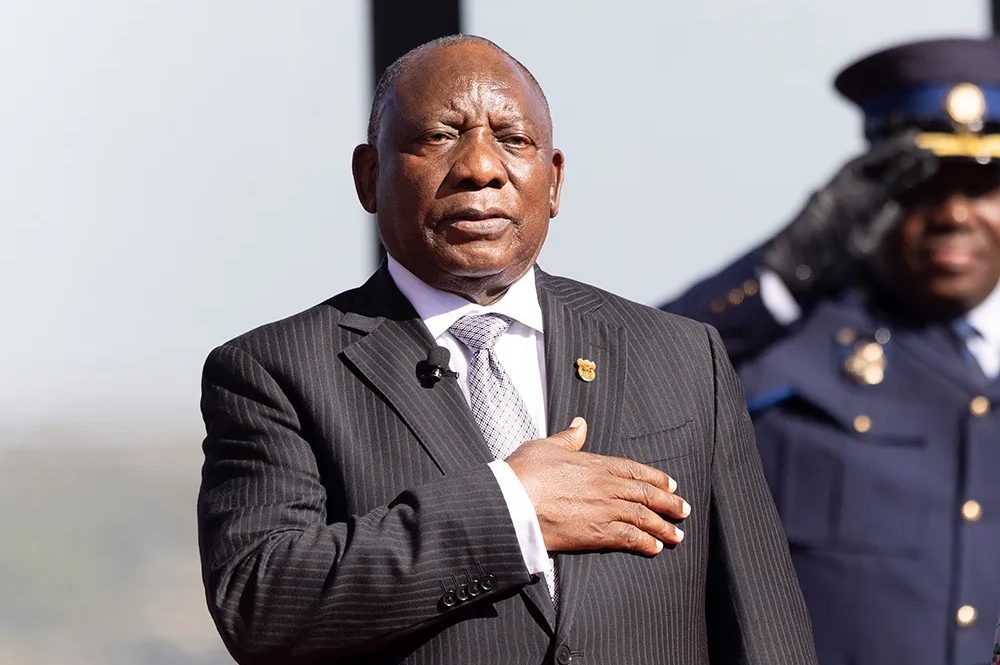






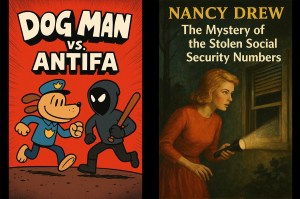
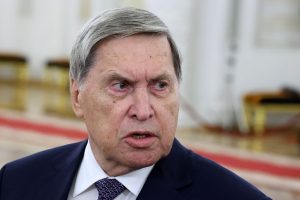
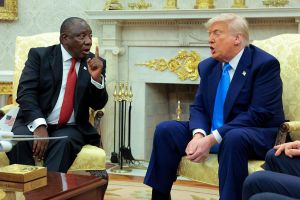


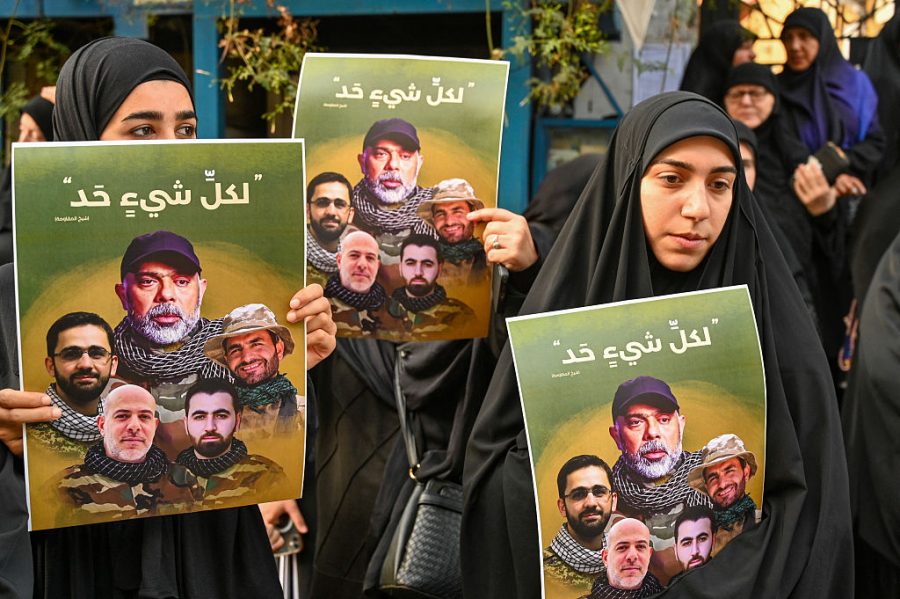










Leave a Reply